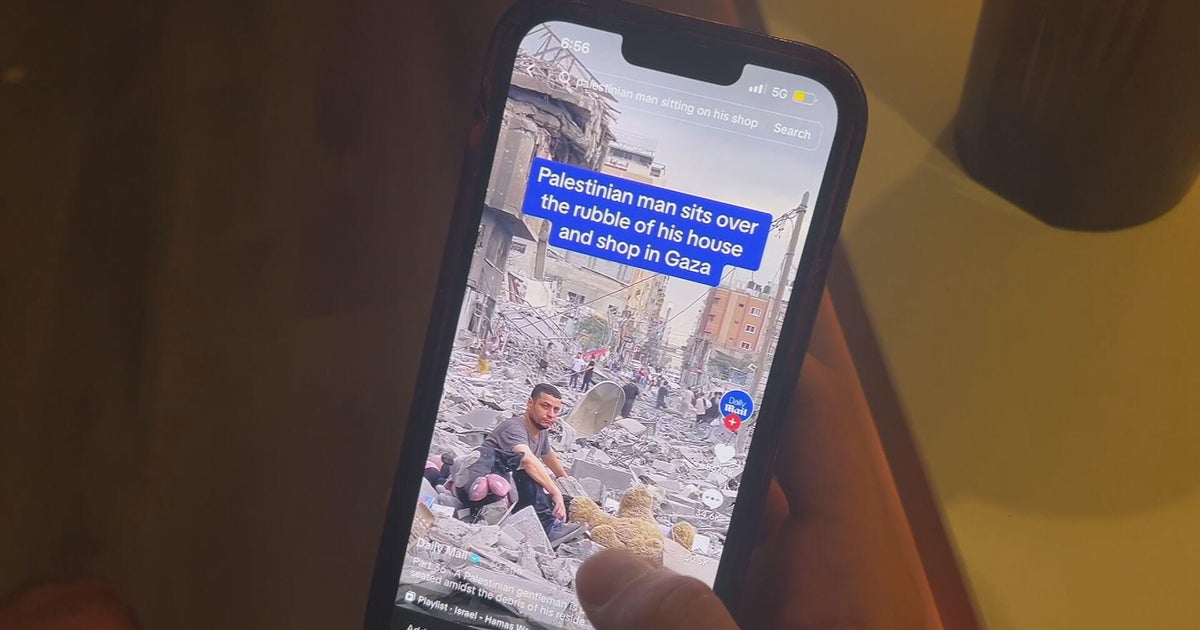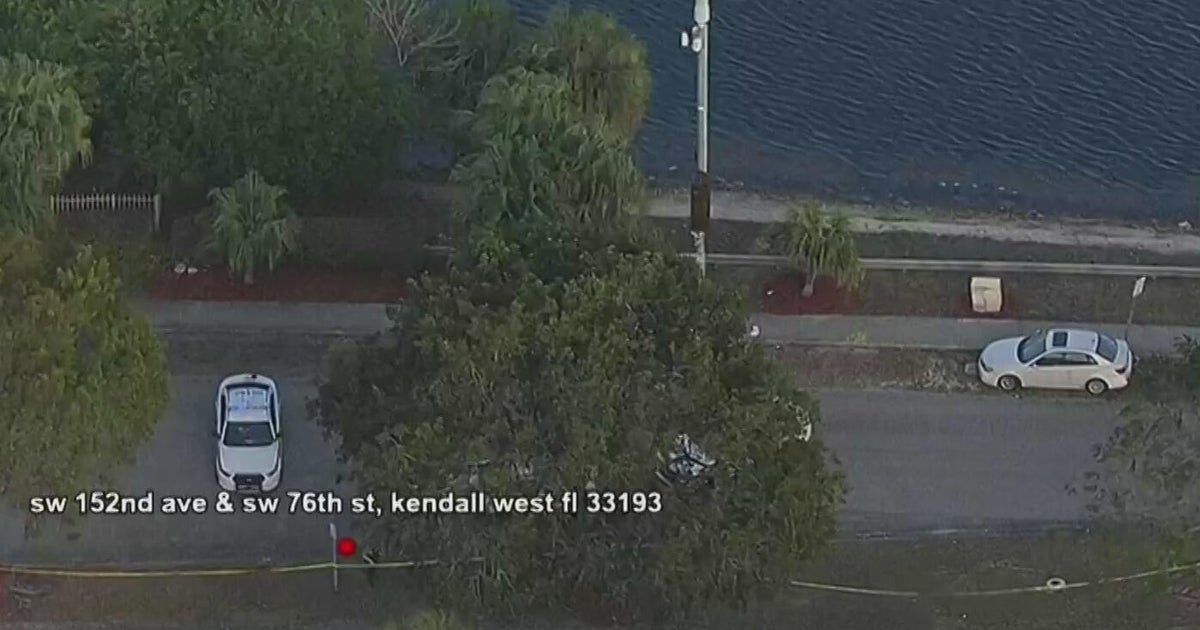(CNN) – As the Israel-Hamas war reaches the end of its initially 7 days, millions have turned to platforms such as TikTok and Instagram in hopes of comprehending the brutal conflict in actual time. Trending search phrases on TikTok in new days illustrate the hunger for frontline views: From “graphic Israel footage” to “are living stream in Israel correct now,” net end users are in search of out raw, unfiltered accounts of a disaster they are determined to understand.
For the most aspect, they are succeeding, exploring films of tearful Israeli children wrestling with the permanence of loss of life alongside photos of dazed Gazans sitting in the rubble of their former residences. But that identical demand from customers for an intimate check out of the war has created ample openings for disinformation peddlers, conspiracy theorists and propaganda artists – malign influences that regulators and researchers now alert pose a unsafe risk to general public debates about the war.
One modern TikTok online video, noticed by far more than 300,000 buyers and reviewed by CNN, promoted conspiracy theories about the origins of the Hamas assaults, together with bogus promises that they were orchestrated by the media. Another, considered a lot more than 100,000 instances, demonstrates a clip from the online video match “Arma 3” with the caption, “The war of Israel.” (Some people in the responses of that video clip famous they experienced viewed the footage circulating in advance of – when Russia invaded Ukraine.)
TikTok is rarely by itself. Just one article on X, previously Twitter, was viewed more than 20,000 occasions and flagged as misleading by London-based mostly social media watchdog Reset for purporting to show Israelis staging civilian fatalities for cameras. One more X submit the group flagged, considered 55,000 instances, was an antisemitic meme that includes Pepe the Frog, a cartoon that has been appropriated by much-ideal white supremacists. On Instagram, a commonly shared and viewed online video of parachuters dropping in on a group and captioned “picture attending a audio festival when Hamas parachutes in” was debunked more than the weekend and, in truth, confirmed unrelated parachute jumpers in Egypt. (Instagram afterwards labeled the video as false.)
This 7 days, European Union officials despatched warnings to TikTok, Fb and Instagram-mother or father Meta, YouTube and X, highlighting stories of misleading or illegal written content about the war on their platforms and reminding the social media providers they could experience billions of pounds in fines if an investigation afterwards establishes they violated EU information moderation regulations. US and Uk lawmakers have also identified as on all those platforms to ensure they are enforcing their rules from hateful and unlawful written content.
Because the violence in Israel began, Imran Ahmed, founder and CEO of the social media watchdog team Centre for Countering Digital Loathe, told CNN his team has tracked a spike in attempts to pollute the info ecosystem surrounding the conflict.
“Acquiring information from social media is very likely to guide to you being seriously disinformed,” stated Ahmed.
Every person from US international adversaries to domestic extremists to web trolls and “engagement farmers” has been exploiting the war on social media for their have private or political achieve, he extra.
“Negative actors bordering us have been manipulating, puzzling and hoping to create deception on social media platforms,” Dan Brahmy, CEO of the Israeli social media danger intelligence company Cyabra, claimed Thursday in a movie posted to LinkedIn. “If you are not positive of the trustworthiness [of content] … do not share,” he said.
‘Upticks in Islamophobic and antisemitic narratives’
Graham Brookie, senior director of the Digital Forensic Study Lab at the Atlantic Council in Washington, DC, informed CNN his workforce has witnessed a identical phenomenon. The craze features a wave of initial-get together terrorist propaganda, content material depicting graphic violence, deceptive and outright bogus claims, and loathe speech – significantly “upticks in certain and basic Islamophobic and antisemitic narratives.”
Substantially of the most serious content material, he reported, has been circulating on Telegram, the messaging app with couple of material moderation controls and a format that facilitates speedy and economical distribution of propaganda or graphic product to a substantial, focused viewers. But in substantially the exact way that TikTok movies are routinely copied and rebroadcast on other platforms, content material shared on Telegram and other a lot more fringe web pages can conveniently obtain a pipeline on to mainstream social media or draw in curious consumers from significant sites. (Telegram did not respond to a ask for for remark.)
Universities in Israel, the United Kingdom and the United States this 7 days urged parents to delete their children’s social media applications about worries that Hamas will broadcast or disseminate disturbing movies of hostages who have been seized in current days. Shots of dead or bloodied bodies, which include all those of little ones, have already unfold across Facebook, Instagram, TikTok and X this week.
And tech watchdog team Marketing campaign for Accountability on Thursday introduced a report pinpointing various accounts on X sharing clear propaganda films with Hamas iconography or linking to official Hamas internet sites. Earlier in the week, X confronted criticism for videos unrelated to the war remaining presented as on-the-floor footage and for a submit from proprietor Elon Musk directing end users to observe accounts that beforehand shared misinformation (Musk’s article was later on deleted, and the movies had been labeled applying X’s “group notes” feature.)
Some platforms are in a superior place to battle these threats than others. Widespread layoffs across the tech business, which includes at some social media companies’ ethics and security groups, possibility leaving the platforms significantly less well prepared at a crucial instant, misinformation specialists say. Considerably of the content relevant to the war is also spreading in Arabic and Hebrew, screening the platforms’ ability to average non-English content material, exactly where enforcement has historically been less robust than in English-language content.
“Of course, platforms have improved about the decades. Interaction & data sharing mechanisms exist that did not in decades past. But they have also by no means been analyzed like this,” Brian Fishman, the co-founder of rely on and safety system Cinder who previously led Facebook’s counterterrorism efforts, stated Wednesday in a submit on Threads. “Platforms that saved sturdy teams in area will be pushed to the limit platforms that did not will be pushed past it.”
Linda Yaccarino, the CEO of X, claimed in a letter Wednesday to the European Fee that the platform has “discovered and taken off hundreds of Hamas-associated accounts” and is working with many 3rd-occasion teams to prevent terrorist written content from spreading. “We have diligently taken proactive steps to eliminate articles that violates our insurance policies, such as: violent speech, manipulated media and graphic media,” she stated. The European Commission on Thursday formally opened an investigation into X next its previously warning about disinformation and unlawful written content connected to the war.
Meta spokesperson Andy Stone said that considering the fact that Hamas’ initial assaults, the corporation has proven “a particular operations center staffed with industry experts, including fluent Hebrew and Arabic speakers, to closely watch and answer to this rapidly evolving predicament. Our teams are operating all around the clock to preserve our platforms risk-free, acquire motion on articles that violates our policies or nearby legislation, and coordinate with third-get together fact checkers in the region to limit the spread of misinformation. We are going to continue this operate as this conflict unfolds.”
YouTube, for its portion, suggests its groups have eliminated countless numbers of video clips considering that the attack started, and proceeds to monitor for loathe speech, extremism, graphic imagery and other articles that violates its procedures. The system is also surfacing nearly entirely videos from mainstream information businesses in lookups connected to the war.
Snapchat informed CNN that its misinformation workforce is carefully seeing content material coming out of the area, earning sure it is in just the platform’s local community guidelines, which prohibits misinformation, detest speech, terrorism, graphic violence and extremism.
TikTok did not react to a ask for for comment on this story.
‘Switch off the engagement-pushed algorithms’
Massive tech platforms are now subject to content-similar regulation under a new EU regulation known as the Electronic Expert services Act, which requires them to avert the distribute of mis- and disinformation, address rabbit holes of algorithmically advised information and stay clear of possible harms to user mental well being. But in this kind of a contentious second, platforms that acquire much too major a hand in moderation could threat backlash and accusations of bias from users.
Platforms’ algorithms and business enterprise products – which frequently rely on the promotion of information most probable to garner substantial engagement – can support lousy actors who design and style content to capitalize on that composition, Ahmed reported. Other products possibilities, such as X’s moves to allow any consumer to spend for a membership for a blue “verification” checkmark that grants an algorithmic enhance to post visibility, and to clear away the headlines from one-way links to news articles, can further manipulate how buyers perceive a news event.
“It can be time to crack the emergency glass,” Ahmed mentioned, calling on platforms to “change off the engagement-pushed algorithms.” He included: “Disinformation factories are going to lead to geopolitical instability and put Jews and Muslims at harm in the coming weeks.”
Even as social media organizations do the job to hide the complete worst information from their people – whether or not out of a dedication to regulation, advertisers’ brand name security fears, or their personal editorial judgments – users’ continued urge for food for gritty, shut-up dispatches from Israelis and Palestinians on the ground is forcing platforms to walk a great line.
“Platforms are caught in this demand dynamic wherever users want the most up-to-date and the most granular, or the most ‘real’ information or details about occasions, like terrorist assaults,” Brookie reported.
The dynamic concurrently highlights the company products of social media and the purpose the firms engage in in thoroughly calibrating their users’ ordeals. The quite algorithms that are broadly criticized elsewhere for serving up the most outrageous, polarizing and inflammatory content are now the identical kinds that, in this condition, surface to be supplying end users precisely what they want.
But closeness to a problem is not the similar point as authenticity or objectivity, Ahmed and Brookie claimed, and the wave of misinformation flooding social media appropriate now underscores the dangers of conflating them.
‘Be quite cautious about sharing’
Regardless of providing the impact of actuality and truthfulness, Brookie explained, specific stories and overcome footage conveyed via social media generally absence the broader viewpoint and context that journalists, study businesses and even social media moderation groups implement to a circumstance to support obtain a fuller knowledge of it.
“It can be my belief that buyers can interact with the globe as it is – and realize the most recent, most precise facts from any supplied party – devoid of possessing to wade as a result of, on an individual basis, all of the worst possible content about that event,” Brookie reported.
Most likely exacerbating the messy details ecosystem is a tradition on social media platforms that normally encourages users to bear witness to and share information about the disaster as a way of signaling their personal stance, no matter whether or not they are deeply knowledgeable. That can lead even very well-intentioned users to unwittingly share misleading information or really emotional articles developed with the intention of gathering sights or monetizing extremely participating information.
“Be extremely careful about sharing in the center of a significant globe party,” Ahmed explained. “There are individuals seeking to get you to share bullsh*t, lies, which are intended to inculcate you to hate or to misinform you. And so sharing stuff that you happen to be not guaranteed about is not helping persons, it truly is in fact seriously harming them and it contributes to an overall feeling that no a single can have faith in what they’re observing.”



